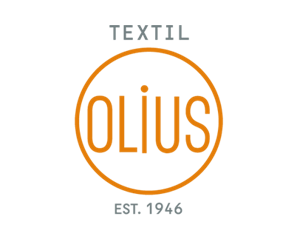The best wool
We select a wide variety of wools, each with unique properties that make it suitable for a specific use. Every year we process more than 800 tons of wool from the main wool-producing areas all over the world.
We have the technical means to carry out the entire production and finishing process internally, which gives us full control and the capacity to adapt to the requirements of our customers.
While wool felt was one of the first textiles developed by humans, the basic principles behind its manufacturing process have not changed.
At Textil Olius, we have adopted modern technologies to optimize the process, add flexibility and, above all, fully control the attributes that our customers value and that give our products the highest quality.
We select a wide variety of wools, each with unique properties that make it suitable for a specific use. Every year we process more than 800 tons of wool from the main wool-producing areas all over the world.
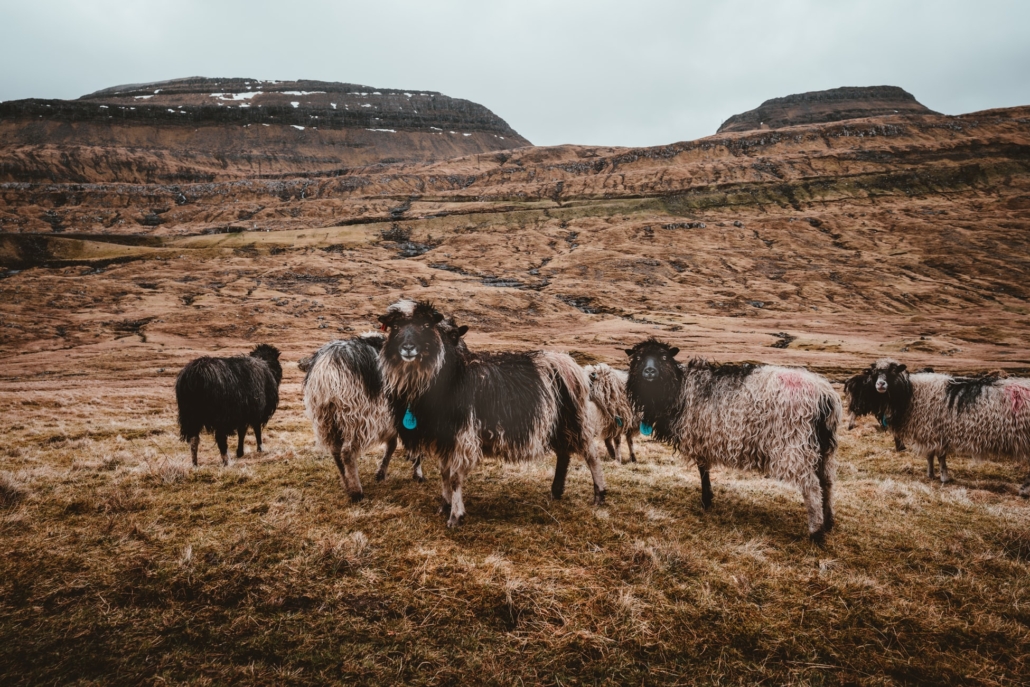
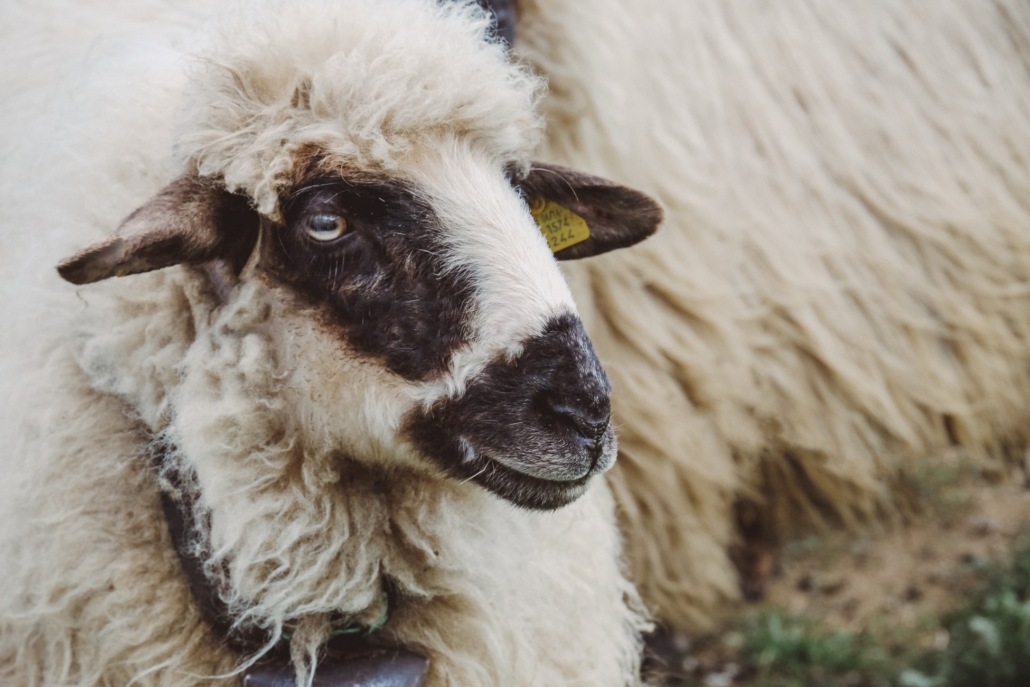
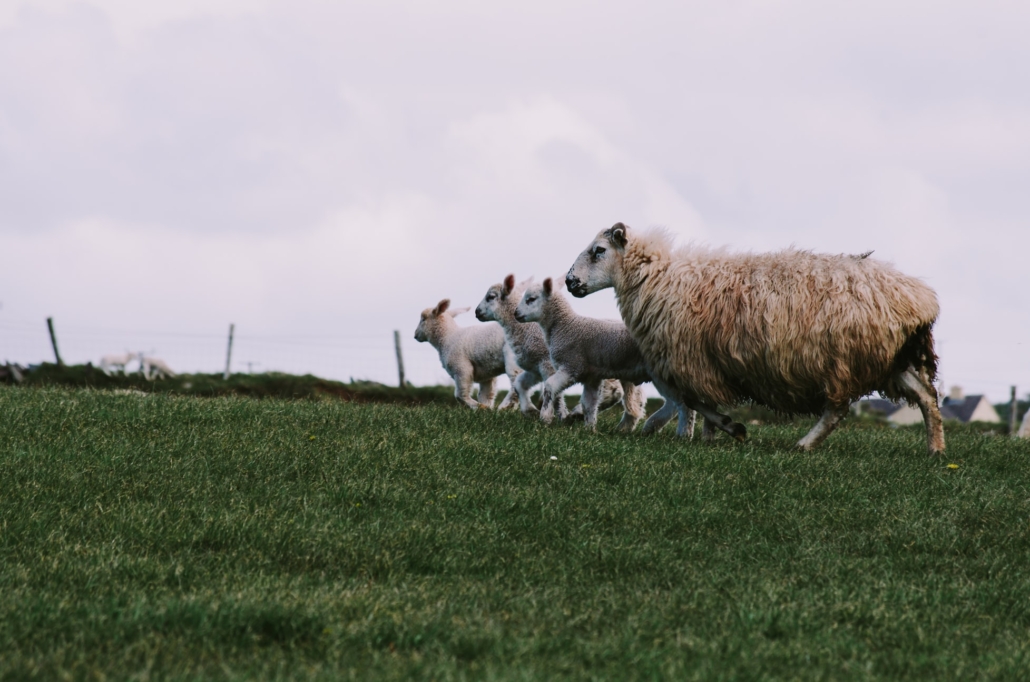
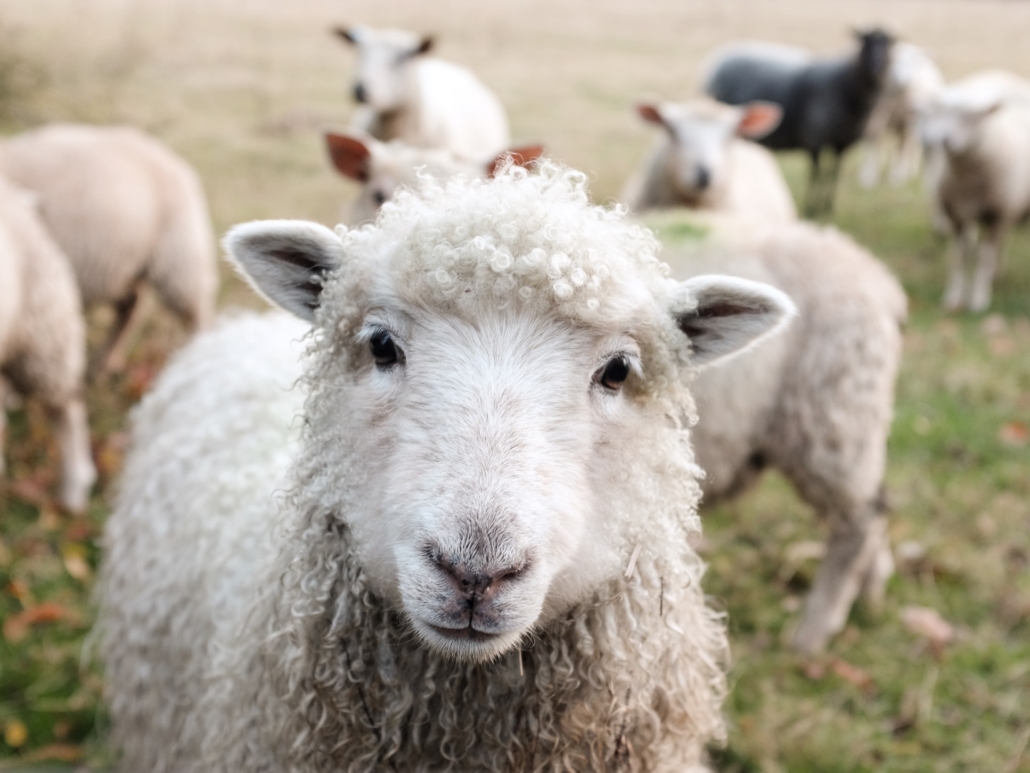
We blend the different types of selected wool in each of the products that we process. Both our standard felts and the made-to-measure felts ordered by our customers are made from carefully selected blends of the most suitable wool varieties.
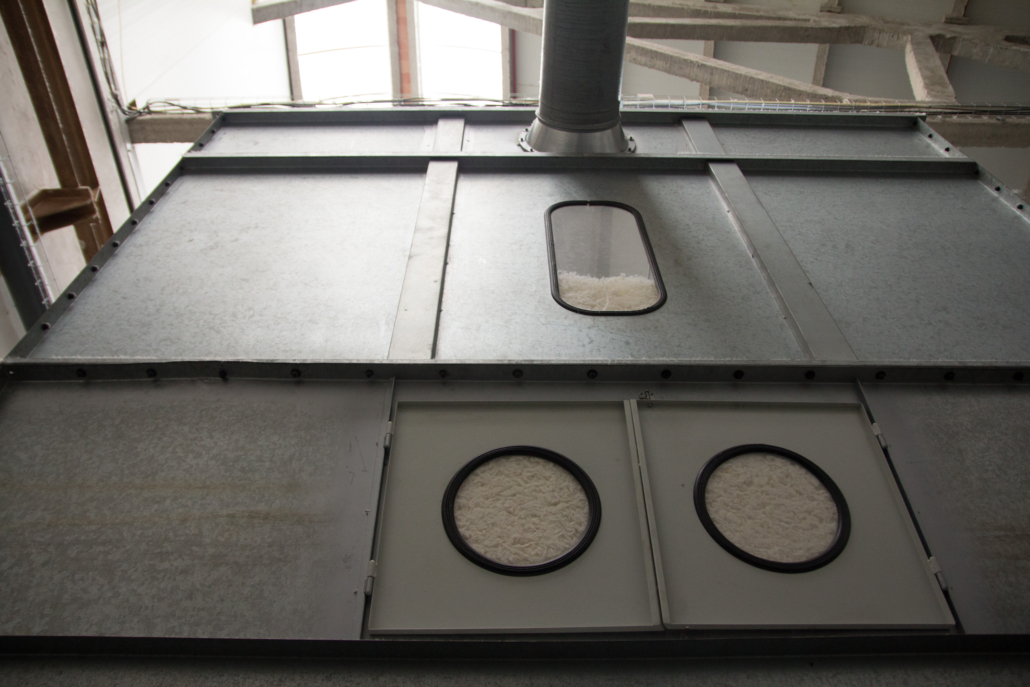
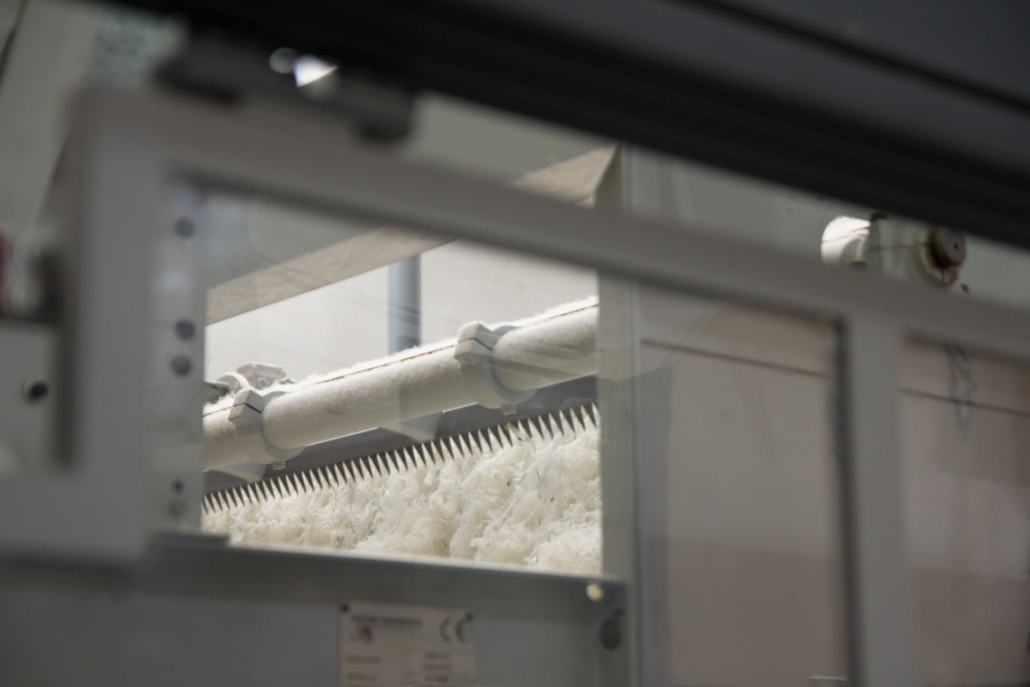
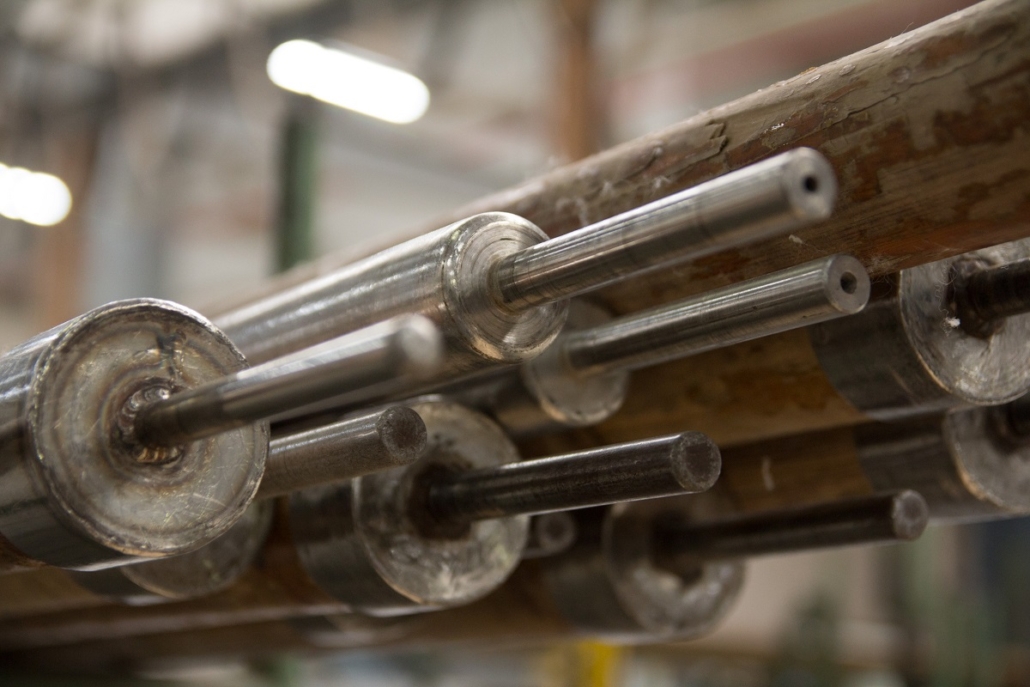
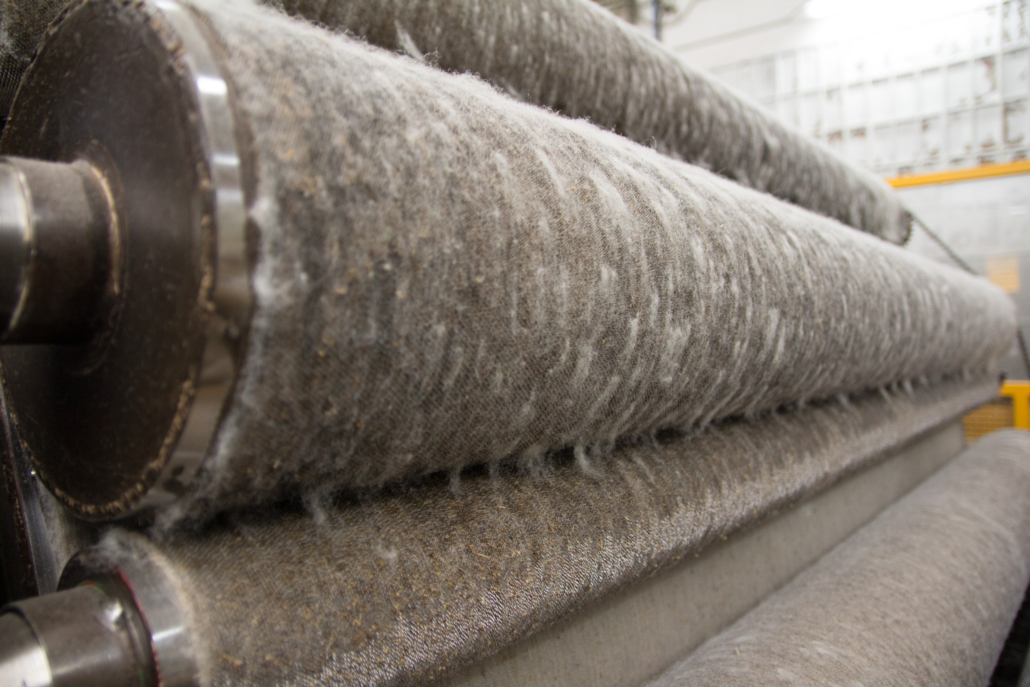
Carding ensures that all the wool fibres are aligned in the same direction and distributed evenly and homogeneously. At this stage, wool fibers form a fluffy superposition of layers to create a batt.
The wool fibre differs from synthetic and other natural fibres in that it has small scales at a microscopic level. In the felting stage, we take advantage of this property and process one or several of the wool batts to provide the wool fibres with moisture and heat while subjecting them to a friction process that facilitates fibre consolidation.This process is highly sensitive because the starting material is highly brittle and prone to breakage if not treated with extreme precision.
This is one of the most important stages of the manufacturing process, as the fulling compacts the felt to give it optimum strength and durability.

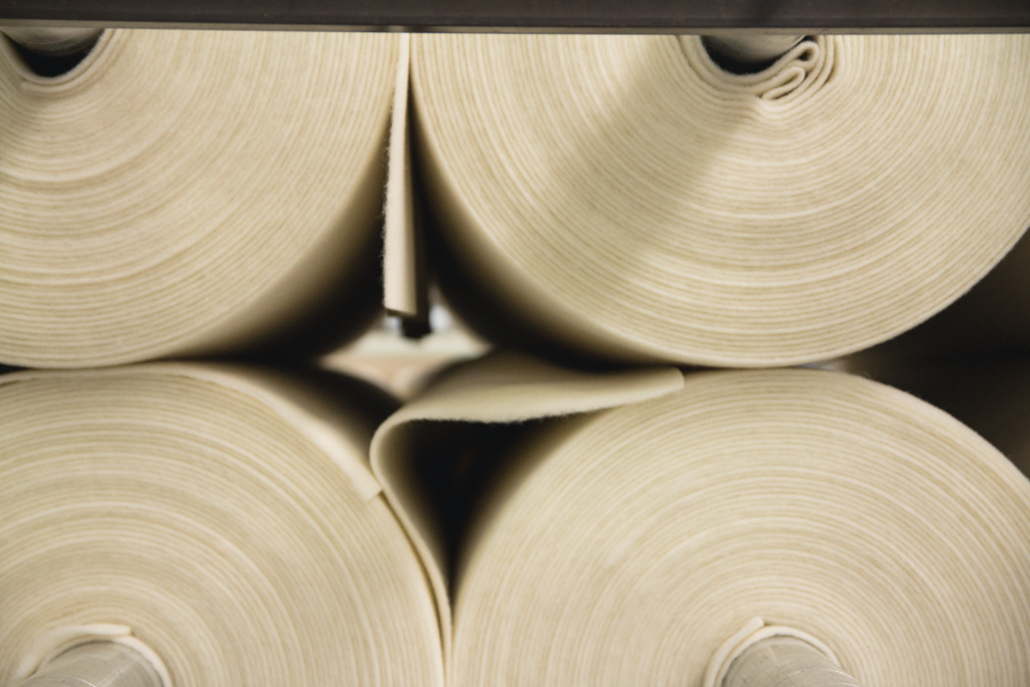
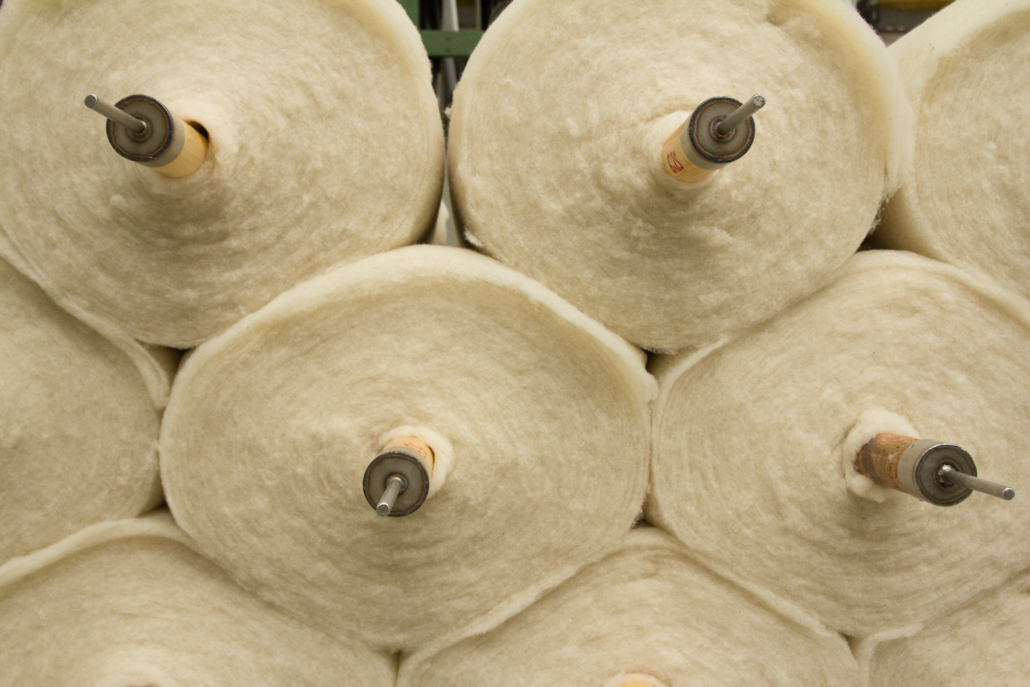
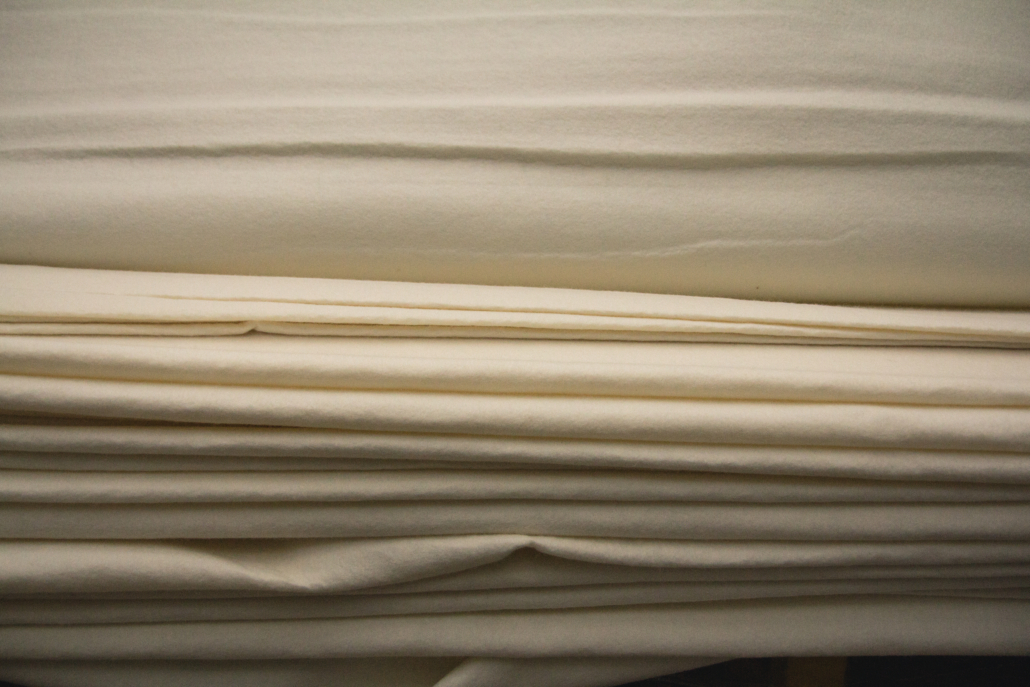
The fulling machine performs a repetitive process by creating a difference in processing speeds. In this way, each iteration increases the resistance of the resulting felt until reaching the ideal levels for its intended use.
The washing stage helps to remove any remaining impurities of natural origin that may remain in the felt.
The dyeing process is one of the most technically complex stages of our manufacturing process, as a satisfactory result requires great precision. In addition, the dyeing of wool felt requires the use of very specific machinery, different from the equipment more commonly used in textile dyeing.
Our constant innovation in the manufacturing process has allowed us to develop a dyeing method perfectly adapted to wool felt:
→ Temperature: we control the water temperature with total precision to prevent alterations in the dyes.
→ Low water consumption: we use as little water as possible.
→ Chemical control: the use of various chemical products is essential in the dyeing process. Even so, we use very few chemical additives, we analyse them meticulously and we eliminate them completely from the water released in the process by our own water treatment plant.
→ Customization: we can achieve any colour that the customer wants, both in large batches and in small quantities.
The felt is dryed to obtain a finished product ready to undergo quality controls.
Small tweezers are used to manually remove the small impurities of natural origin that may remain on the surface of the felt.
The process of shearing consists of “shaving” the felt to achieve a smooth and uniform finish without loose fibres.
The ironing of some of our felts helps to give our products a slightly softer touch and hand feel needed in some applications.
Prior to packaging, our specialists carry out the final check to ensure that the felt meets the required specifications. When each batch has successfully passed all quality controls, it is packaged and stored for later shipment.
From this moment on, our products travel to many different places in the world to be part of projects in all sectors.
We are members of:
Offices: Tel.: +34 935 831 704
National Sales: Tel.: +34 935 903 525
International Sales: Tel.: +34 935 831 705
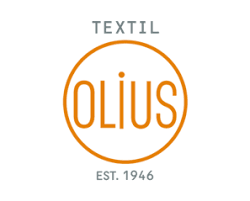
This website uses its own cookies for technical purposes necessary for the website to function correctly and uses third-party cookies for statistical purposes.
The cookie information is stored in your browser, and it recognises you when you return to our website. Cookies help us to identify which sections of our website are most interesting and helpful to visitors.
You can review our cookie policy here.
You can review our privacy policy here.
Strictly necessary cookies are essential for the security of the website. These cookies do not store any personal information and allow the website to function correctly.
These cookies are:
| Cookie | Description | Duration |
| moove_gdpr_popup | Stores the user's consent preferences for the use of cookies. It is set by the GDPR cookie consent add-on. | 8 days |
| aviaCookieConsent | Stores user consent for website cookies, which is essential to comply with legal regulations such as GDPR. | 11 months |
| cf_clearance | Used by Cloudflare to identify secure web traffic and protect against malicious attacks. | 11 months |
If you disable this cookie we will not be able to save your preferences. This means that each time you visit this website you will have to enable or disable cookies again.
This website uses Google Analytics to collect anonymous information such as the number of visitors to the site, or the most popular pages (Google Analytics is a free service provided by Google Inc.).
YouTube is a service that offers the possibility to discover, watch and share videos and other content (YouTube is a service offered by Google Inc.).
LinkedIn is a professional networking social network (LinkedIn is owned by Microsoft Corporation).
These cookies are:
| Cookie | Description | Duration |
| _ga, _ga_B6Y7ZEETZL, _ga_5SXKTZMVJ2, _ga_H0J6XF5FN4. | By means of these cookies, Google Analytics collects information in order to compile statistical reports on which pages of the website have been consulted, how the website has been accessed, at what time, with which browser, etc. This information is then sent to the servers of Google Inc. | 4 months |
| _CONSENT,
YSC |
YouTube sets these cookies through YouTube videos embedded on the website and records anonymous statistical data. | 24 months |
| yt.innertube::requests,
yt.innertube::nextId |
YouTube sets this cookie to record a unique ID to store data about which YouTube videos the user has watched. | undated |
| AnalyticsSyncHistory | Linkedin establece esta cookie para almacenar información sobre la hora a la que tuvo lugar una sincronización con la cookie lms_analytics. | 1 month |
Please enable strictly necessary cookies first so that we can save your preferences!
Functional cookies help perform certain functions, such as sharing website content on social media platforms, collecting feedback, measuring bandwidth used in the connection, personalising advertising content and other third-party functions.
These cookies are:
| Cookie | Description | Duration |
| bcookie | LinkedIn sets this cookie from LinkedIn share buttons and ad tags to recognise browser IDs. | 12 months |
| li_sugr | LinkedIn sets this cookie to collect data about user behaviour in order to optimise the website and make advertisements on the website more relevant. | 24 months |
| bscookie | LinkedIn sets this cookie to store the actions performed on the website. | 12 months |
| UserMatchHistory | LinkedIn sets this cookie for LinkedIn Ads ID synchronisation. | 1 month |
| li_gc | LinkedIn sets this cookie to store the visitor's consent to the use of cookies for non-essential purposes. | 6 months |
| VISITOR_INFO1_LIVE | YouTube sets this cookie to measure bandwidth, determining whether the user gets the new or the old player interface. | 6 months |
| mp_a36067b00a263cce0299cfd960e26ecf_mixpanel | The purpose of this Mixpanel cookie is to personalise advertising, in the event that the website has advertisements inserted. | 4 months |
Please enable strictly necessary cookies first so that we can save your preferences!
